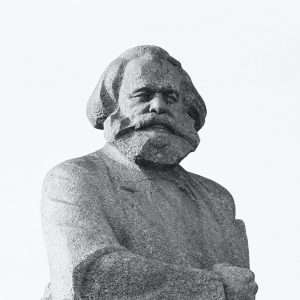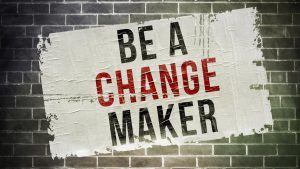Leer en Español
Editorial Note
Thank you to our generous sponsors, Sociologists for Women in Society, Center for Equity Education, American Sociological Association’s Section on Sociological Practice & Public Sociology, Hartman Castle Preservation Corporation, Island Acres Resort Motel, Alpha Kappa Delta, Pacific Sociological Association, and the Association for Applied & Clinical Sociology for helping us make Applied Worldwide’s 2024 “Why is Sociology Important?” student essay competition a success!
This essay on the importance of sociology has been published on behalf of Applied Worldwide’s 2024 Global Student Essay Competition. For the 2024 competition, we awarded 16 student essayists across six countries and will be sharing each winning essay in our “Why is Sociology Important?” essay collection.
This sociology essay was written by Ana Dayani Jimenez Aguirre, a 4th year student in politics, democracy, and electoral studies at Universidad Autonoma de Tlaxcala in Mexico and earned a 2nd place prize in the competition.
Why is Sociology Important? Envisioning Utopia, Ana Dayani Jimenez Aguirre
Sociology came into my life when I was 17 years old. I remember that day when I learned of its existence, it was like finding a tool capable of resolving doubts that had remained unfinished throughout the years of my life. I always wondered why crime existed, why there was poverty and what wealth was about, why my parents spent so much time working and then complained that their salaries were barely enough for what was essential, why I saw the people on the way to my school making demonstrations if messages from the government were shown on TV where they mentioned that they were working to improve the living conditions of the population.
For a moment I believed that through psychology I would be able to understand these questions. I considered taking philosophy as a future university career and, through this discipline, hoped to resolve my doubts taking as reference the great Greek thinkers, Aristotle, Plato, Socrates, Thales of Miletus, etc. Then, when my high school teacher taught the first class on a subject called “sociology” I discovered a wider range of possibilities.
A year later I graduated from high school and I knew very well that I wanted to continue my academic career, but I still didn’t have a clear idea of what to study because philosophy was no longer an interesting option. My mother and sister often asked me: What career are you going to choose? The first thing I answered was tourism because I was excited with the idea of traveling to other parts of Mexico or the world and working in beautiful tourist destinations, waking up one day in a hotel in Oaxaca near the beach and the next day finding myself giving a tour by the pyramids of Palenque in Chiapas.
One day I put my options together and looked for the topics that I would see in each of the degrees I aspired to enter. While I was ruling out options I realized that sociology had not stayed in that classroom in high school, with those teachers. They had awakened my interest in trying to understand the world. I knew that sociology was the best option to fill me with knowledge.
Curiously, I made this decision at the same time that the COVID-19 pandemic was beginning, the entire world entered into crisis and we all saw uncertainty in our future. The little or no social interaction was only a side effect of the health crisis, from which we were all taking care of ourselves. Many faced situations where mental health was in decline, where family losses were constant torture, many lived hell within their homes by having to deal with the dynamics of violence, the visibility of the enormous poverty that they did not have the tools to face the health emergency, the increase in informal employment (Forbes, 2020). Confinement turned into a luxury and thus I could mention countless problems, of which I was aware because every day my father turned on the television and I was able to listen to the news in the background while taking my online classes.
I remember that in my first semester they asked us to carry out a research project on some social phenomenon that interested us. I chose the one about the insecurity that existed in my community, because my father had been the victim of theft of his vehicle, the same one that he occupied to carry out his job as a taxi driver. I remember that at that moment I felt ignorant being a sociology student who had barely entered the degree and who did not know anything about the issue of insecurity or how to help my father. At that moment I saw an opportunity to start using sociology in my favor, to soak up knowledge and to understand why this phenomenon was being unleashed in the area where I live.
At that moment I knew that sociology has been present in my life since I was a teenager and even before, but I really began to be aware of it and give it value when I chose it as a university career and when I faced the analysis of the first social phenomenon that I consciously identified, just because it had happened to a person so close to me in my daily life. I realized the impact that sociology really has, having been present throughout my life in social facts that, as Durkheim says, refer to “an order of facts that present very special characters.” “They consist of ways of acting, thinking and feeling, external to the individual and are endowed with a coercive power, by which they are imposed” (Silva and Garduño, 1997) I had perceived these social facts when asking myself why things happened. in such a way or because people behaved or expressed their opinions in such a way, I understood that I had been interacting with social phenomena, in some of which I was even immersed.
During classes I learned about the emergence of the discipline, the academic institutionalization that was consolidated with contemporary theorists of the Frankfurt school. With the tools that the teachers were gradually showing me semester by semester, I realized that what I had observed in reality existed in the great theories of Durkheim, Marx, Engels, Weber, Goffman and that it was also conceptualized and systematized in such a way that, through sociology as a science, I could approach analyzing the reality and problems of my community.
Proof of this was research that I carried out when I reached the fourth semester, it was titled “Prevalence of obesity in Santa Ana Chiautempan” in it, it analyzed the lifestyles of the adult population of my community as a factor that promotes the prevalence of obesity, I mainly investigated the social changes that affected dietary health because, according to Aguilar, Medina and Sedeño (2014), the possibility for the individual to choose their type of diet is no longer possible considering that lifestyles are increasingly changing. and are based on demanding work tasks, an example of this is the entry into the world of work of all members of the nuclear family, modifications in the working day and greater travel, added to this, the role of women in the eating routine as a factor of cultural change since the choices in food preparation usually fell to the woman. These aspects are changing with the increasing entry of women into the workplace, the fragmentation of families, the lack of time to prepare food, the lack of knowledge of how to carry out a healthy and clear diet, the economic income that limits possibility of accessing a balanced diet.
As Pierre Bourdieu (1984, recovered from Ritzer, 2018) mentions, the habitus, referring to the “internalized and embodied social structures,” structures the ways in which the individual perceives the world are conceived. The habitus is not the same for all subjects unless they live in similar contexts, according to Bourdieu there is a multitude of habitus which means that one does not live in a uniform world.
The results that I obtained by applying surveys to the sample determined in the municipality of Santa Ana Chiautempan, Tlaxcala, and making a comparison with the statistical data of the National Health and Nutrition Survey (ENSANUT, 2020) I was able to obtain very similar results in which It was concluded that 70% of the adult population had obesity due to economic, work and social factors that resulted in constant problems due to this “structuring structure” (Bourdieu, 1984).
So if you ask me, how do I think sociology brings value to my immediate communities? As I have already mentioned, sociology has given me the means to help my community, since using methodological tools, I have been able to carry out research that brings me closer to the reality of the problems that afflict my community. I found the value when I concluded that it is possible to create a diagnosis, use measures to reduce the impact on the subjects immersed in that reality or make projections that can help public servants establish measures in favor of the community, and even contribute to the creation of public policies.
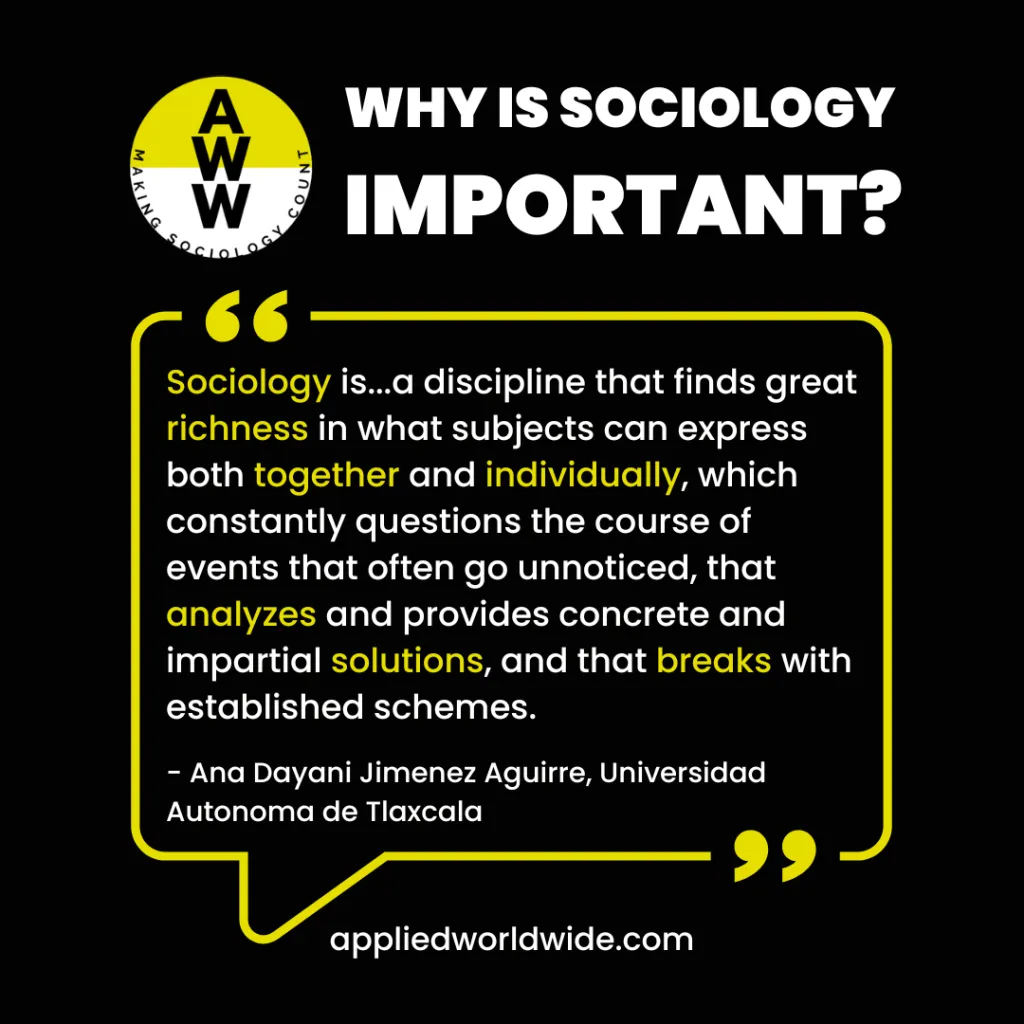
In which professional sectors does sociology have the opportunity to make a valuable difference? In Mexico, I could not say with specific data in which sectors the majority of sociologists work, but according to occasional conversations with well-known graduates and professors, my perception tells me that the majority of sociologists are dedicated to teaching or research. Academic, perhaps due to the limited opportunity for job offers in environments such as politics, private companies and the preference given to psychologists and social workers. I know that sociology has the virtue of being able to carry out interdisciplinary work, since a wide variety of branches of sociology are known, for example, in history, in anthropology, or even in medicine, however, it is necessary to mention that there are positions where the sociologist can do impressive work.
An important sector where I consider that sociology should be, would be as officials in the government, whether local or federal, sociologists should occupy positions as political advisors, deputies, senators, Magistrates, and municipal presidents. And why not also presidents of the nation? With this I do not deny that there are already sociologists in these positions, but I know very well that the opportunity we have to access this labor sector is reduced, at the same time, I know that sociologists have sufficient knowledge to address emerging problems from a broad perspective. and objectively, unfortunately in Mexico I recognize that sociology is one of the least appreciated degrees and where the majority of the population is unaware of its usefulness.
Without sufficient reason to extend this essay further, I will answer the following question: How could sociological theories and research methods help drive positive change in the world around us? According to Monje (2011), the theory is an abstract generalization that presents a systemic explanation about the relationships between phenomena. In addition, theories incorporate principles to explain, predict, and control phenomena. Remembering my research methodology classes and taking into account what Monje defines as theory, I can say that the world is constantly changing, for this reason, I find it curious that theories are carefully constructed in such a way that what Goffman postulated the last century on symbolic interactionism is a theory that can easily be suitable for a social phenomenon of 2024.
That is a virtue that theories possess and that serve as a reference for us as sociologists to confront the problems of our immediate reality. We have the ability to share this knowledge with actors and use theories that give us alternatives to interpret and change the world.
Finally, sociology is important for the simple fact that it is a discipline that studies society and its behaviors, a discipline that finds great richness in what subjects can express both together and individually, which constantly questions the course of events that often go unnoticed, that analyzes and provides concrete and impartial solutions, and that breaks with established schemes. It is also a science that makes people uncomfortable with the truth. My personal story shows that everything we see around us is sociology waiting for us to give it the courage it so desperately needs to take another step, trying to touch what we sociologists call the utopian.
References:
- ENSANUT (2020). 2020 National Health and Nutrition Survey on Covid-19: National Results. Retrieved from https://ensanut.insp.mx/encuestas/ensanutcontinua2020/doctos/informes/ensanutCovid19ResultadosNacionales.pdf
- Forbes (2020). Informal employment in Mexico reaches more than 51% of the working-age population. Retrieved from https://www.forbes.com.mx/economia-empleo-informal-en-mexico-crece-4-1-durante-la-pandemia/
- Ritzer G. (2018). Contemporary Sociological Theory (3rd ed.). Mexico City: McGraw-Hill.
- Medina F., Aguilar A., Solé-Sedeño J. (January 2014). Social and cultural aspects of obesity: necessary reflections from public health [PDF file]. Clinical Nutrition and Hospital Dietetics, vol.34 1-5. Retrieved from https://revista.nutricion.org/PDF/ASPECTOS-SOCIALES.pdf
- Monk C. (2011). Qualitative Research Methodology: Teaching guide. Retrieved from https://drive.google.com/file/d/0B7gC0vup46j2aDFNSVAyZllzd28/view?usp=sharing&resourcekey=0-84q57XQ8Q01EabtrHkOvAA
- Silva G. and Garduño G. (2019). Émile Durkheim Anthology of Classical Sociological Theory. Mexico: UNAM.
Meet our 2024 Global Student Essay Competition Sponsors!
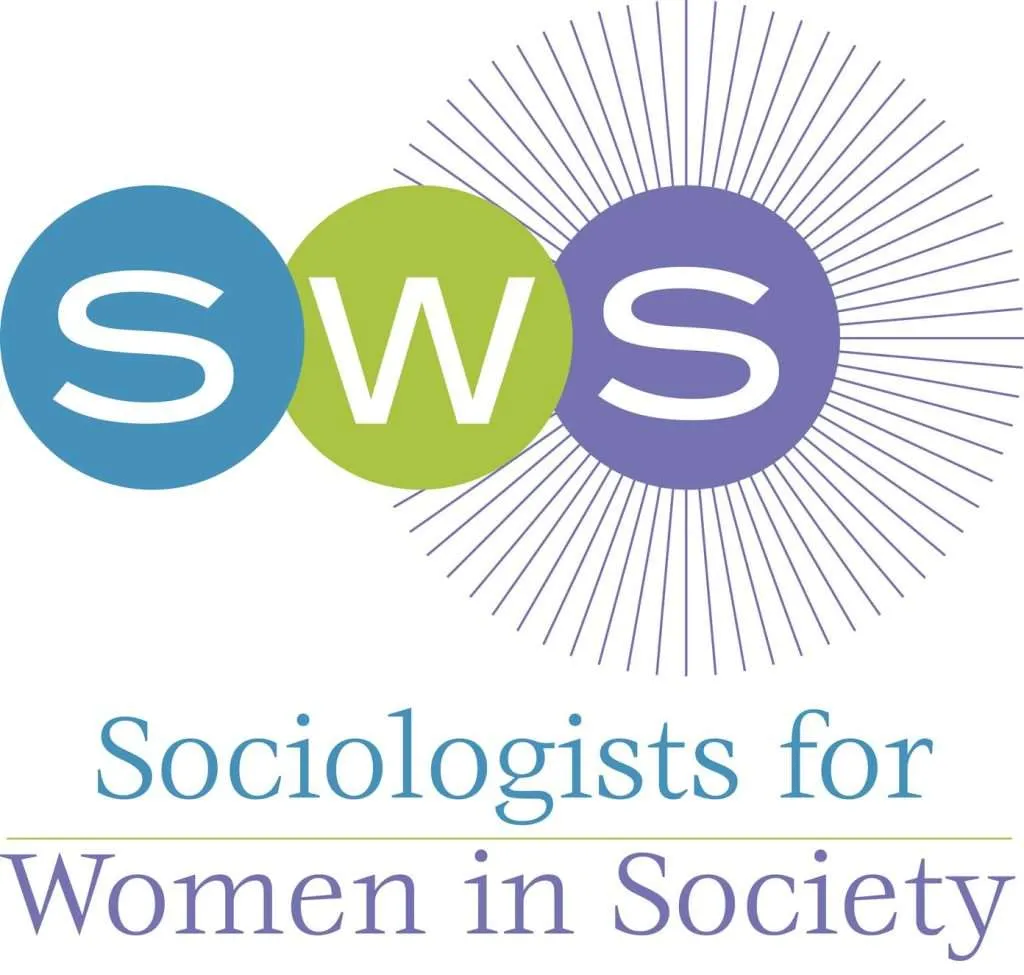
Sociologists for Women in Society is a nonprofit professional feminist organization dedicated to:
- Transforming the academy and professional organizations, including our own, by actively supporting feminist leadership and advancing career development of feminist scholars.
- Recognizing that structural inequalities impact those marginalized by their identities and that this requires proactively promoting the creation of inclusive institutional spaces in an ongoing manner and by practicing critical reflexivity.
- Advocating and encouraging the development of sociological feminist theory rooted in intersectionality and cutting-edge research for publication and dissemination.
- Promoting social justice research within local, national, and international activist spaces by supporting scholar-activist communities seeking to dismantle intersecting systems of oppression.

The Center for Equity Education (CFEE), established in 2020 as a 501(c)(3) nonprofit, addresses a gap in expert-led education for organizations, especially those with limited resources. At CFEE, our mission revolves around empowering organizations with comprehensive knowledge on federal and state civil rights, specializing in harassment and discrimination, including sexual harassment.

Hartman Castle Preservation Corporation, a 501c3 non-profit, is a A community grassroots movement formed to purchase and preserve the Hartman Castle in Gunnison, CO

The purpose of the American Sociological Association’s Section on Sociological Practice and Public Sociology is to advance sociologically-informed research and practice, to further public discussion of sociological issues, and to promote the use of sociology to inform public policy.

Island Acres Resort Motel is a restored authentic 1950s lodging property in the style of the tourist court motel. Embracing the appeal of a bygone era, where history blends with hospitality.
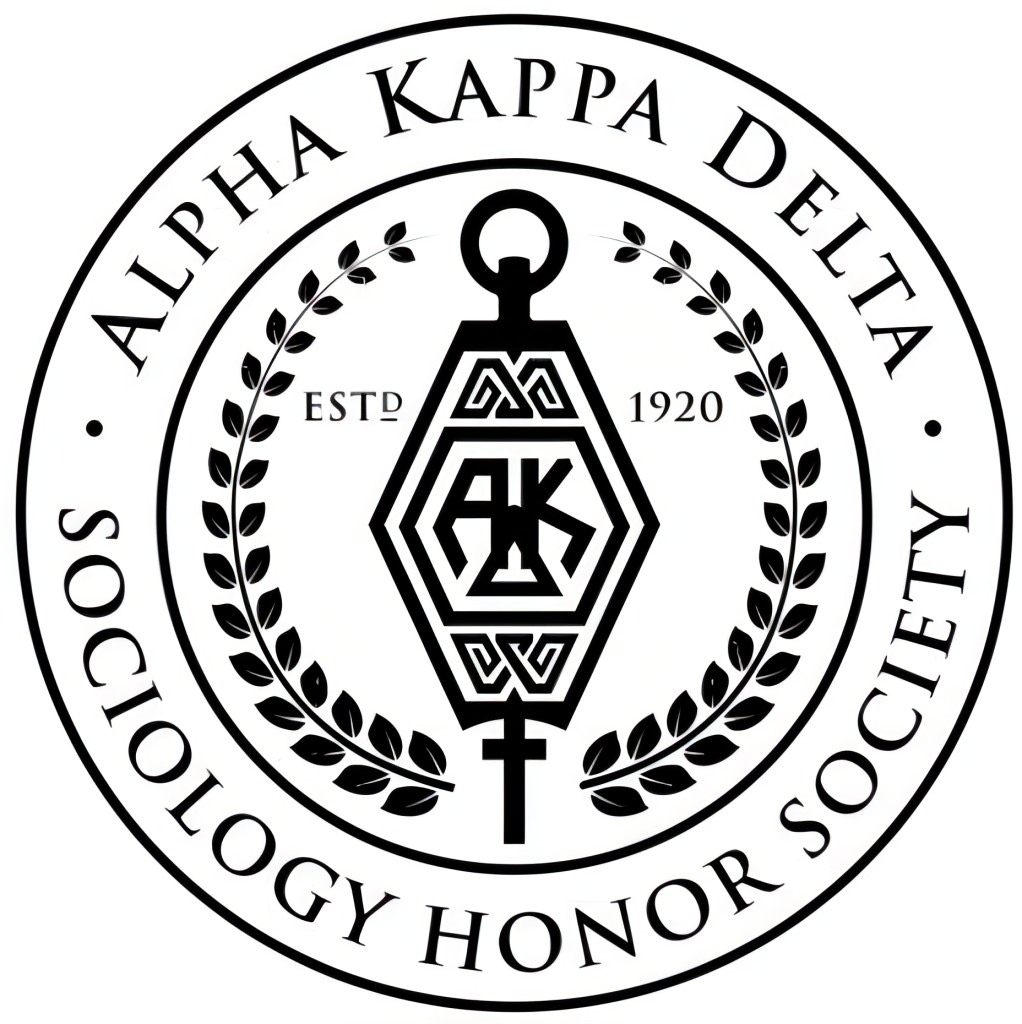
Alpha Kappa Delta, the International Sociology Honor Society, seeks to acknowledge and promote excellence in the scholarship in the study of social problems, sociology, and intellectual activities that lead to the improvement in the human condition.
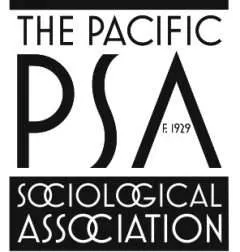
The Pacific Sociological Association is committed to serving sociologists, faculty, applied professionals, and students. We strive to create a professional community that reflects the diversity of our region and enhances the diversity of our discipline. We are committed to inclusivity and equity in our organization, to promoting social justice by examining and challenging the structural and institutional barriers in our discipline, and to building pathways for the next generation of sociologists.

The Association for Applied and Clinical Sociology (AACS) promotes applying social scientific knowledge and methods to develop constructive solutions. We provide educational, programmatic, mentoring, networking, and policy resources in a supportive professional community.


